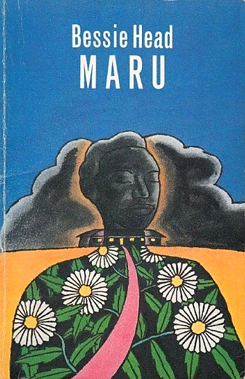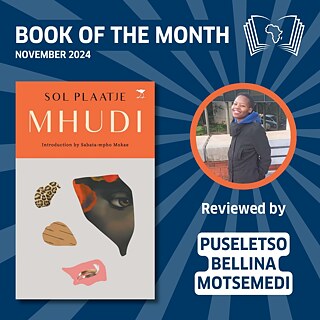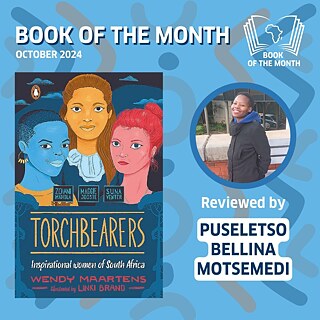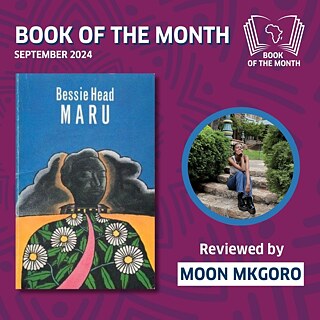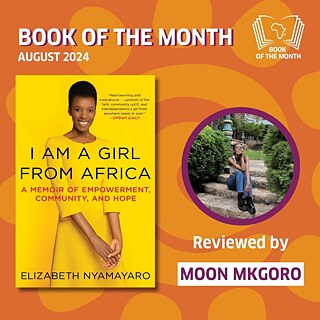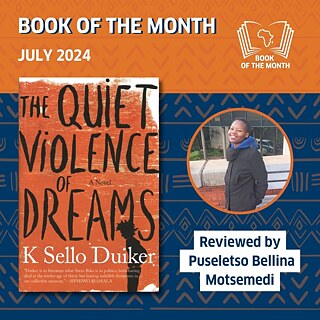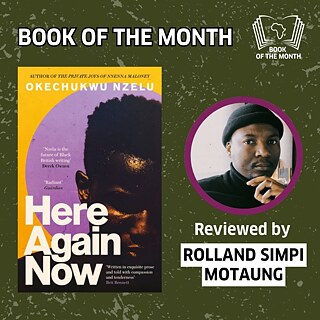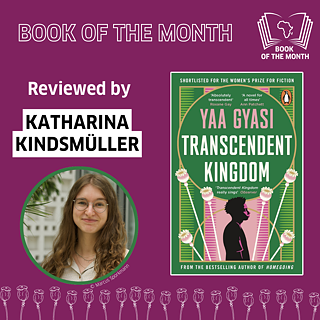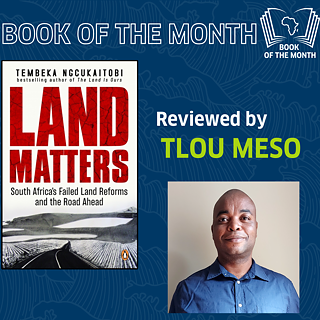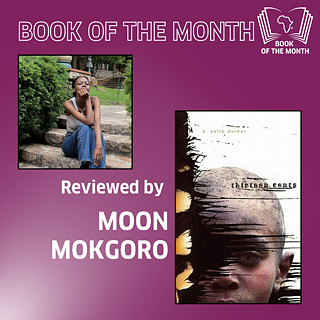September: Maru
by Bessie Head
Review by Moon Mokgoro
About the author
Bessie Head was an iconic South African writer who moved to and spent her last years in Botswana, where she wrote one of her most notable books – Maru. As a biracial woman growing up in apartheid South Africa, Head faced challenges that any person of colour would. She lived through the torment that was apartheid. From segregation, misogyny and racial discrimination to navigating the country's oppressive and tyrannical laws, these hardships are some of the real-life experiences Head undoubtedly pulled from for her writing. In her early years, Head wrote for a few local South African publications, however after interacting with and reading the writings of political activists Robert Sobukwe and George Padmore, she wrote more and more about the social and political state of South Africa and soon became a political activist herself. Her premature death at only 48 years old was a clear and evident response to the painful experiences that Head had lived through, and the horrors that she’dseen.
The story
Maru is a story about a Masarwa woman, Margaret Cadmore, who was adopted and raised by a white woman during a time when the Masarwa people of Botswana were heavily discriminated against. Head writes “Masawra is the equivalent of ‘nigger’, a term of contempt which means, obliquely, a low filthy nation.” The treatment of the Masarwa people was so poor that when Margaret’s birth mother died, the locals were too disgusted by her to treat her body with any form of dignity. After being a mother, role model and teacher to her, Margaret’s adoptive mother left Botswana, and Margaret moved to the village of Dilepe to become a teacher. In Dilepe, the Masarwa people experienced cruelty and slavery. Margaret’s presence in the village, her education, cultural knowledge and confidence in who she was unsettled its residents leaving her isolated from the community. Though isolation was what she experienced most, she found compassion and friendship within Dikeledi, a key character in the telling of Margaret’s story. Additional characters that make Maru the wonderful piece of literature that it is are Maru and Moleko – two men who hold high positions within society as well as have a heavy influence on Margaret’s experiences in the village.Through Dikeledi, Head explores friendship, camaraderie, love, and deep yearning. Through Maru and Moleko, she captures contempt, anger, destruction, hierarchies, and cruelty. And through Margaret, Head explores discrimination, judgement, confidence, and curiosity. But through each and every character, though all different from one another, Head delves into the complexities of the human experience, the complexities that pass through us and our lives as a consequence of being sentient, of being alive.
Weaved with stories of love, racism, sexism, exploitation, classism, yearning, and so much more, Head explores humanity in only a few pages. She writes about oppression in all its forms – from being experienced through cruelty, “Something they as Africans like to pretend themselves incapable of – being oppressive and prejudiced – was being exposed,” to being experienced through imprisonment by love, “there were ways of killing people without knives and guns and he had only to say: ‘I did it for her, because I love her,’ and [she] would have been shot dead by an invisible but fatal bullet.”
Maru is an unforgettable and iconic piece of literature, written by a woman whose work should and will be treasured for years to come.
About the reviewer
-

Moon Mokgoro
Moon Mokgoro studies physics and mathematics and is a writer based in Johannesburg, South Africa. She is the founder of Protest Poster Project, a non-profit organisation focused on fighting against gender based violence and building a library/archive of activist, anarchist and feminist literature. She's written for the Are.na 2023 Annual and others as well as occasionally writing on her Substack. Archiving and documenting, collecting and remembering are what Moon aspires to do in all her work.
More information
All books can be borrowed from our library, the membership is free.
